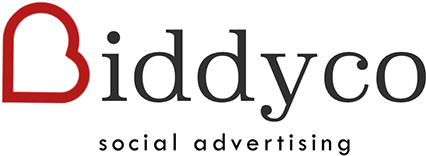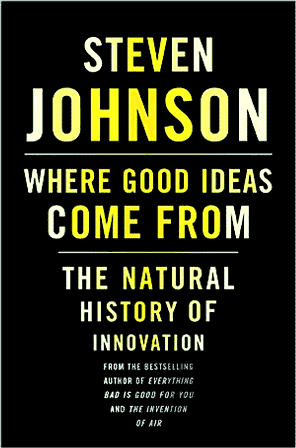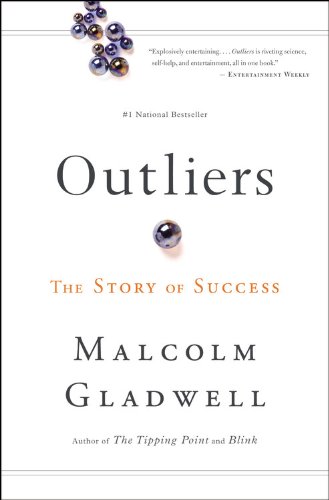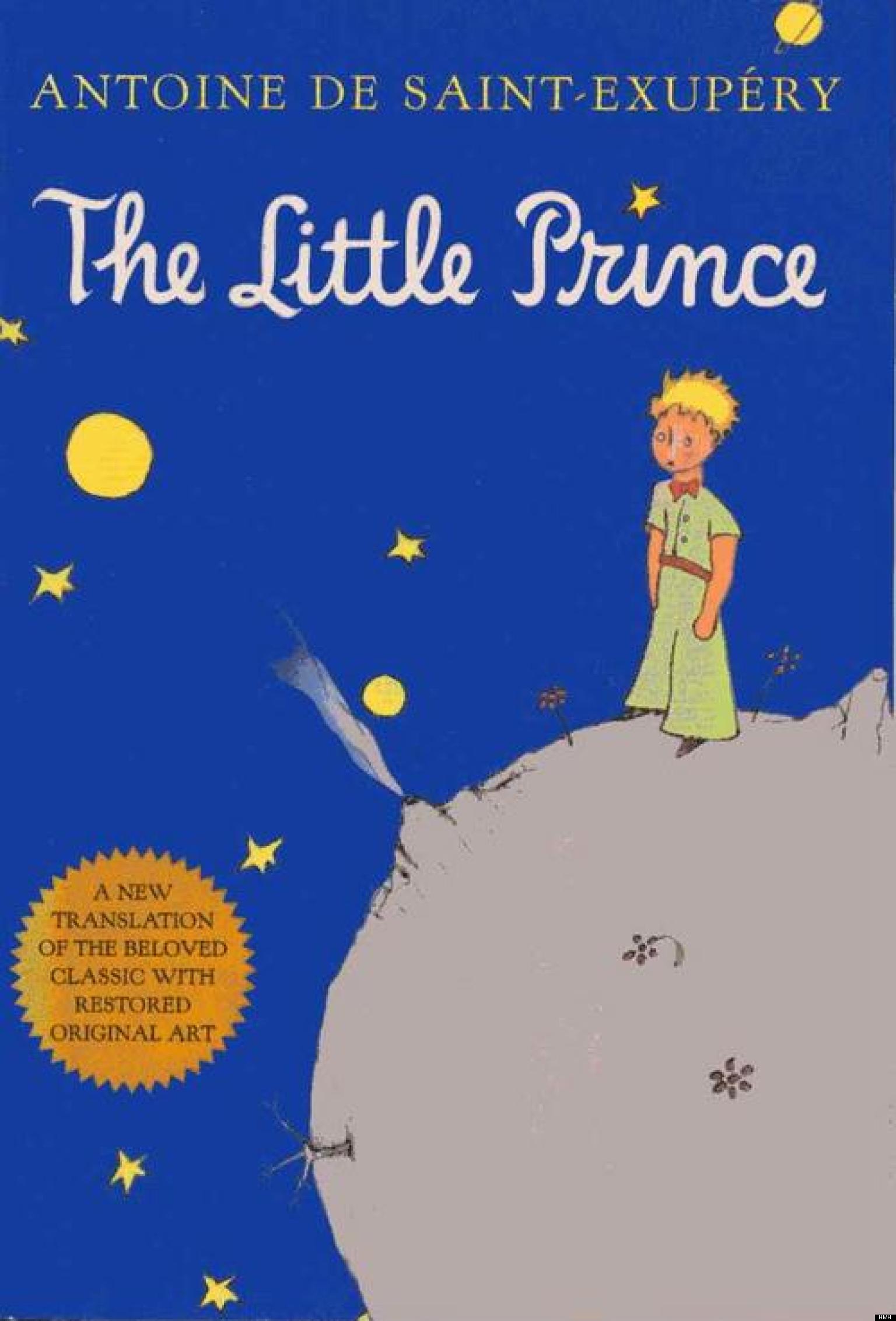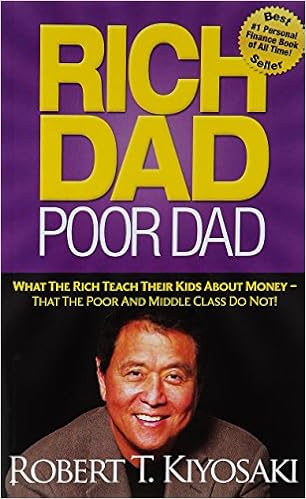At a Perry Marshall marketing event a few months ago, he opened things up by talking about rockets, gravity and propulsion. Which then led to an audio resonance demonstration that involved a slinky.
Yes, this was actually a marketing event, not some weird adult science camp.
And after about 10 minutes of Perry describing how an audio speaker works, the entire audience (including myself) was buzzing with the same thought, “Where the hell is he going here…”
But he eventually came to his point, which was this: Ideas that will revolutionize your business or industry are not going to come from the echo chamber and the same business books everybody else is reading.
Why care about non-business books?
He said that pretty much every big idea he’s had for his business has come from reading or thinking about another topic.
I definitely fell into the black hole of business books after starting my business. Every book I read or podcast I listened to was about business or marketing. I slowly realized that I needed to expand my reading list and audio downloads.
But this is easier said than done.
If you’re anything like me, when you spend time reading, listening or researching things that aren’t directly related to your business, you feel like you’re slacking off.
You start to think about all of the emails you should be sending or the latest startup article you should be reading. Even when you do pick up a non-business book it’s hard to let yourself really read it without feeling a little guilty.
So I decided to reach to out to a few people I follow and respect, to ask them:
“What non-business book would you would recommend to other marketers and entrepreneurs?”
Here’s what they said:
Where Good Ideas Come From
“In the book, Steven debunks several myths about, well…where good ideas come from. Towards the beginning of the book, Johnson introduces his readers to an idea named by Stuart Kauffman called, “the adjacent possible.” The adjacent possible is a brilliant mental shortcut for thinking about near-term technological advances.
More practically, it’s a great way for entrepreneurs to think about product development. Overall, Where Good Ideas Come From is an inquisitive look at how creativity actually works, and I would recommend it to any entrepreneur working on building the future.”

– Andy Sparks, Co-Founder & COO, Mattermark
Outliers
“But not for the reason you’d think. Read it (or any of his books) to become a better presenter. If you’ve already read it, read it again. This time use it as a master class and pay close attention to how he writes a story, gets people’s attention using surprise, and keeps people interested.
Even if you disagree with Malcolm’s points, use the meta lessons. Study how he delivers a message so you can apply it to anything: writing, presenting, even designing a website that draws people in. Malcolm has a big audience; there’s a lot to learn from how he gathers it.”

– Nate Kontny, CEO Highrise and Founder of Draft
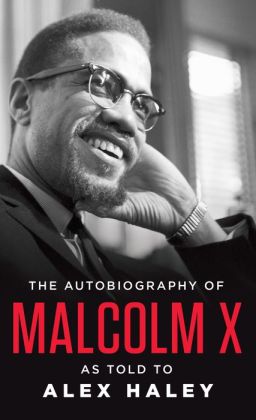 Autobiography of Malcolm X
Autobiography of Malcolm X
“Because it teaches you that you can overcome challenges.”

– John Shahidi, Founder of Shots
 Lean In
Lean In
“I mostly read blogs and articles but this was one book I took the time to read cover to cover (so old school). The challenges professional women face affect everyone (men, women, children) and while this book certainly isn’t perfect (slants to the affluent) it’s still super valuable insight and motivating as hell. I can’t help but sing it’s praises to young women, and moreover to the partners of professional women, or those who work with them… so yeah, men too.”

– Georgiana Laudi, VP Marketing at Unbounce
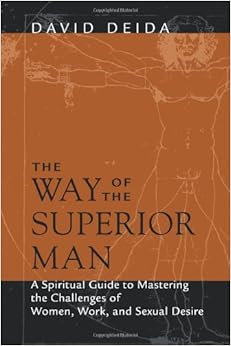
The Way of the Superior Man
“It teaches you to be conscious and present when you are interacting in life and also helps you to better spend time with the people that are honest and make your life better.”

– Noah Kagan, Founder of AppSumo and SumoMe
The Power of Habit
“The book provides interesting examples of behavioral changes brought about by recognizing habits, and outlines the key ways to change them. I found this book useful not only for examining my own behavior, and providing the motivation and the means for changing my own bad habits. I found it most useful to think about how other businesses and advertisers are trying to to manipulate my behavior. It’s a must read in my book. ;)”

– Mitch Wainer, Founder & CMO at Digital Ocean
The Little Prince
“Growing in business can sometimes encourage us to take ourselves too seriously. The Little Prince points out the absurdities of adult life and helps us appreciate the objectivity we possessed as children. It’s a great read to keep yourself grounded as you get more involved in business.”

– Anthony Thomas, Co-Founder Sticker Mule
Autobiography of a Yogi
“I think entrepreneurs and marketers should read it because we tend to get really wrapped up in technology, metrics, funding and all the jazz that comes with running the rat race. The book brings a different perspective to what we should value in life and educates the reader on the ultimate goal of self-realization. What can be bigger than that? :)”

Rich Dad, Poor Dad
“I think it’s a crucial book for both entrepreneurs and marketers to read because it teaches you how to get ahead in life and how to make key decisions in life around career choices, money, investing, business taxes, and a work/life balance.
It resonates with me personally because I grew up with the “poor dad” mentality and as a child I aimed to get a degree in computer science to become a computer engineer (whatever that means) like my dad and make $100k a year. At the time I thought it was an amazing goal that would help me a live a good life. Life didn’t happen as planned and I ended up dropping out of college and hustling my way up the corporate ladder, making 6 figures before I was 21. Although this was a great achievement I had no clue what to do with the rest of my life until I learned about the “rich dad” mentality.”

– Sujan Patel, VP of Marketing at When I Work. Co-Founder, Content Marketer. Co-Author of 100 Days of Growth.
So there you have it, 9 highly recommended non-business books from some of the top entrepreneurs in business. I hope this gives you the push you need to press pause on your industry related reading list and step outside the box.
You never know where you might find your next big idea.
